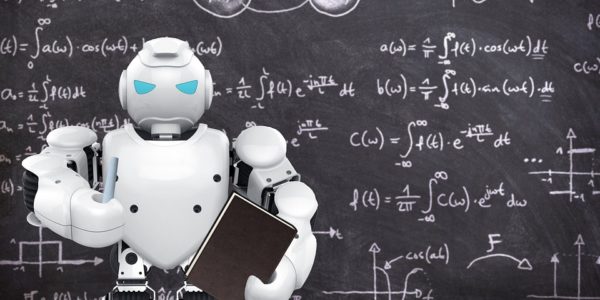We’ve seen robot manicurists, robot fry cooks, and robot welders. Another field that is struggling with a labor shortage is teaching. So could one solution be robot teachers?
Some tech evangelists are proposing just that.
A global teacher shortage combined with a lot of students who fell behind during the pandemic is creating pressure for schools. Just as with other labor shortages, automation seems like the obvious solution for the problem.
But teaching is one of the professions least often named as one that robots can take over. Robots may be truck drivers, accountants, and models, but teaching surely requires human beings — right?
Ethical concerns
Researchers have identified four areas of concern for this situation:
- Privacy is always a concern when we think about AI interacting with humans, but it is particularly concerning with children, who may have no awareness of the need for privacy.
- Attachment, deception, and loss of human contact all go together. Deception is a problem with social robots because the entire premise is that they should appear to interact with humans. Humans easily become attached to machines — think how people feel about their cars and their phones. And just as robots for elder care raise the fear that old people will be shunted off to machines and ignored by their families, children can more easily be neglected if their caregivers convince themselves that they’re being looked after by robots.
- Control is problematic. School administrators cannot be expected to have full control over robots, and a lot of the control will perforce be up to the people who design and program the machines. Security and safety issues will be paramount.
- Accountability is always an issue with technology. What kinds of regulations will be in place? What metrics will determine whether a program is considered successful or not? Who will parents go to when they have questions?
Benefits and drawbacks of robot teachers
Robot teachers could be less expensive than human ones, more consistent, and less likely to suffer burnout. Since they are machines, they can be programmed to be patient and enthusiastic even with difficult students. They will not be dissatisfied with their jobs and they are capable of enormous levels of knowledge.
On the other hand, robots are not much on emotional intelligence, creativity, and communication, all of which are generally considered important for teachers. They can’t be expected to understand or inspire students. Nor can they figure out why a student is having trouble understanding a concept or adjust their explanations to meet individual needs.
We’re not ready to say it’s impossible, but this may be an area where we should not be in a hurry.
If you’re in a hurry to repair or remanufacture your Indramat systems, we can help. Call (479) 422-0390 for immediate assistance.
